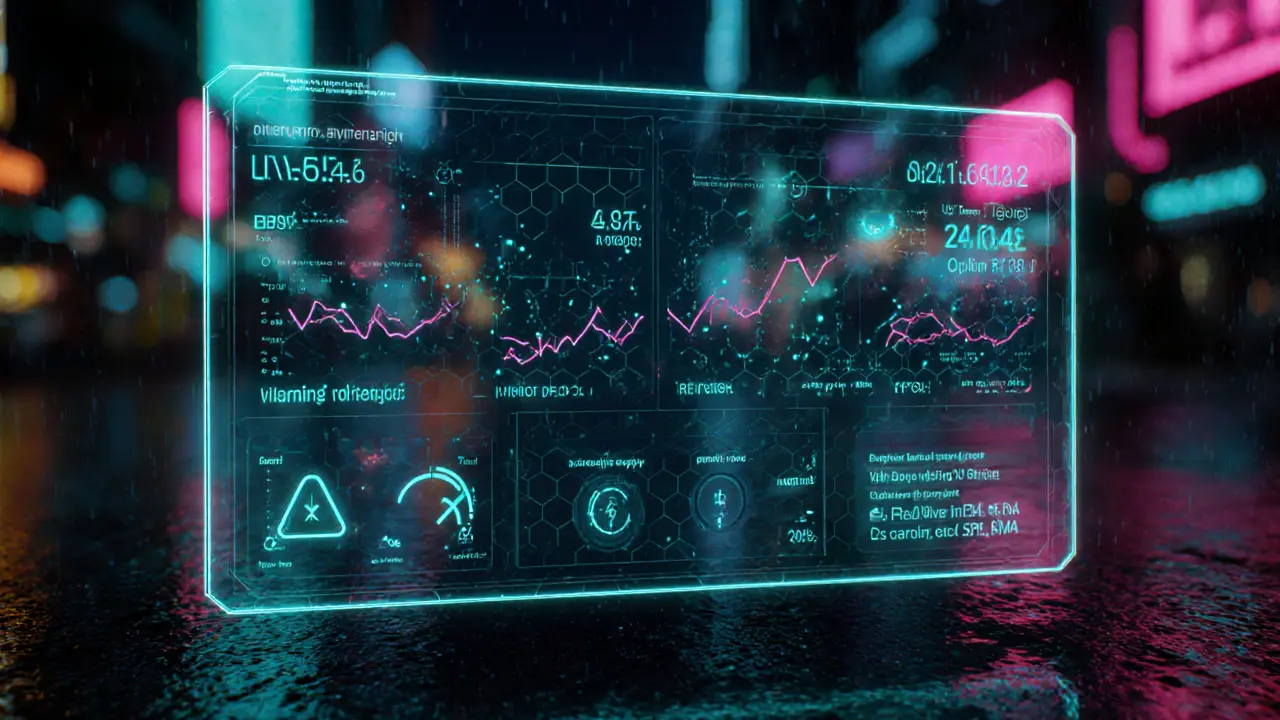Discover FooDriver (FDC) crypto coin: definition, tokenomics, utility, roadmap and how it reshapes food delivery with blockchain.
Read MoreDecentralized Delivery
When working with decentralized delivery, a supply‑chain model where shipping data lives on a public ledger instead of a single company's server. Also known as decentralized logistics, it lets anyone verify a package’s status without asking a middleman.
One of the core forces behind this shift is blockchain, an immutable, time‑stamped record that anyone can read but no one can alter. decentralized delivery encompasses blockchain because the ledger provides end‑to‑end traceability, proving where a parcel was at every checkpoint. The technology also enables tokenized shipping records, turning physical movements into digital assets that can be audited in real time.
Another game‑changer is the use of NFT, a unique token that can store metadata about a product’s origin, authenticity and journey. By attaching an NFT to each item, manufacturers create a tamper‑proof product passport. This passport not only fights counterfeit goods but also gives retailers instant access to provenance data, which is especially valuable for high‑value or regulated goods.
Automation runs on smart contracts, self‑executing code that triggers actions when predefined conditions are met. In a decentralized delivery network, a smart contract can release payment the moment a scanner confirms receipt at the final hub, removing manual invoicing and disputes. This reduces friction and speeds up cash flow for all parties involved.
The broader supply chain, the network of producers, transporters, warehouses and retailers that move goods from origin to consumer, benefits from tokenization and open data. When each link records its activity on a shared ledger, companies gain real‑time visibility, can predict bottlenecks, and comply with regulations more easily. The interplay of blockchain, NFTs and smart contracts creates a resilient, transparent ecosystem that challenges traditional, siloed logistics.
Why it matters now
With global trade volumes soaring and consumer demand for ethical sourcing growing, businesses need a trustworthy way to prove where products come from and how they travel. Decentralized delivery offers exactly that – a low‑cost, tamper‑resistant system that anyone can audit. Below you’ll find deep‑dive articles, reviews of emerging platforms and step‑by‑step guides that show how to set up, test and scale a decentralized logistics solution. Whether you’re a founder, a supply‑chain manager, or just curious about the future of shipping, the collection gives you actionable insights to start experimenting today.
